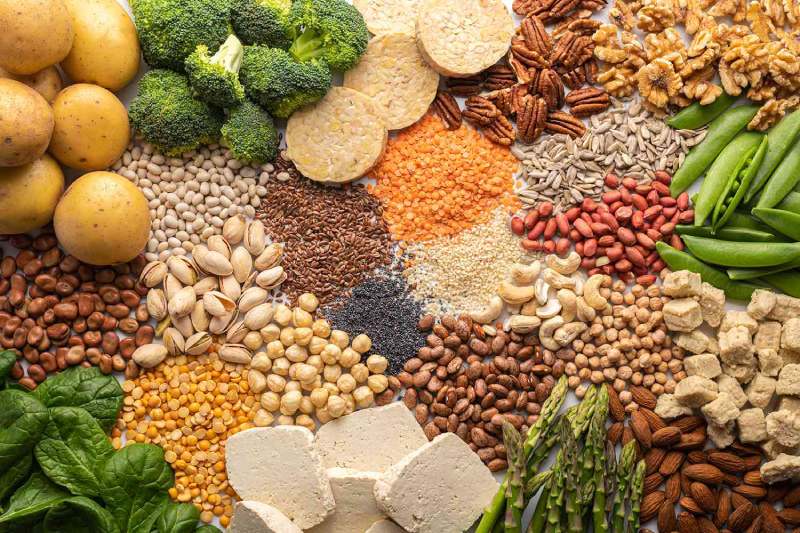Researchers examined self-reported data from over 48,000 women and found that those who consumed higher amounts of protein from foods like fruits, vegetables, bread, beans, legumes, and pasta had significantly lower rates of heart disease, cancer, and diabetes, as well as a decline in their mental and cognitive abilities. “Consuming protein in midlife was linked to promoting good health in older adulthood,” the study’s principal author and HNRCA scientist Andres Ardisson Korat stated. Additionally, we discovered that protein supply matters. It appears that consuming mostly plant-based protein in midlife, together with a moderate quantity of animal protein, is beneficial for maintaining excellent health and longevity.
The groundbreaking Harvard-based Nurses’ Health Study, which tracked female healthcare workers from 1984 to 2016, provided the findings. The women were judged to be in good physical and mental health at the beginning of the study, and they ranged in age from 38 to 59 in 1984.
In order to identify dietary protein and its impacts on healthy aging, Ardisson Korat and colleagues, including senior author Qi Sun of the Harvard T.H. Chan School of Public Health, analyzed thousands of questionnaires taken every four years from 1984 to 2016 on how frequently people ate certain foods. Using the Harvard University Food Composition Database, they totaled the amount of protein in all the food items and used this information to calculate their protein consumption. They did this by multiplying the number of times each food item was ingested by its protein content.
Next, the researchers contrasted the diets of women who did and did not develop 11 chronic diseases, lose a significant amount of physical function, or experience mental health issues.
A study conducted in 1984 found that women who consumed higher amounts of plant-based protein—which was then classified as protein from bread, vegetables, fruits, cereal, baked goods, mashed potatoes, nuts, beans, peanut butter, and pasta—had a 46 percent higher chance of being healthy into old age.
Conversely, those who consumed higher amounts of animal protein—found in foods like cheese, milk, fish, and poultry—had a 6% lower chance of maintaining their health as they grew older.
“Those who consumed greater amounts of animal protein tended to have more chronic disease and didn’t manage to obtain the improved physical function that we normally associate with eating protein,” according to Ardisson Korat.
Plant protein showed a greater, more consistent correlation across all observed models and was more closely associated with sound mental health in later life, while animal protein was moderately associated with fewer physical limitations in older age.
More plant protein consumption was associated with lower levels of LDL cholesterol (the “bad” cholesterol), blood pressure, and insulin sensitivity, whereas more animal protein was associated with higher levels and increased insulin-like growth factor, which has been linked to multiple cancers. This association was particularly evident in the context of heart disease.
Dairy protein by itself—primarily found in milk, cheese, pizza, yogurt, and ice cream—was not substantially linked to improved health in later life.
The researchers acknowledged that the benefits of plant-based protein may come from other components found in plant-based foods rather than from the protein itself because, in comparison to animal foods, plants have higher proportions of dietary fiber, micronutrients, and health-promoting substances called polyphenols.
Additionally, Ardisson Korat stated that additional data from other populations is required, since the Nurses’ Health Study largely examined white female health care workers. In terms of demographic and socioeconomic makeup, the study’s data tended to be very homogeneous, thus it will be helpful to do a follow-up study with more diverse cohorts. The field is still developing, according to Ardisson Korat.
However, based on the team’s current research, it is advised that women get the majority of their protein from fruits, vegetables, nuts, and seeds; however, because fish and animal protein are high in iron and vitamin B12, women should also eat some of these foods.
“Dietary protein intake, especially plant protein, in midlife plays an important role in the promotion of healthy aging and in maintaining positive health status at older ages,” according to Ardisson Korat.
